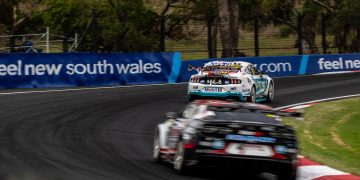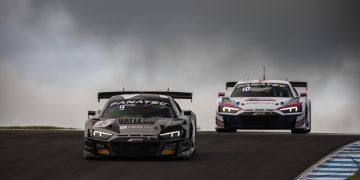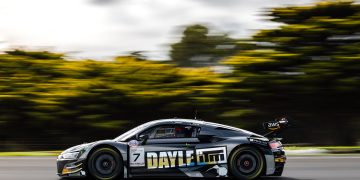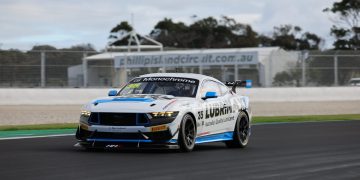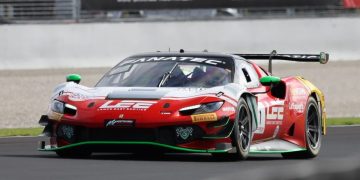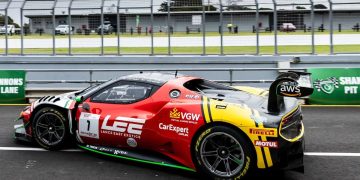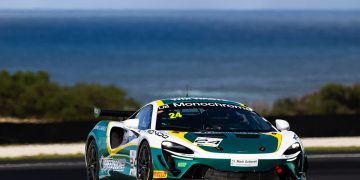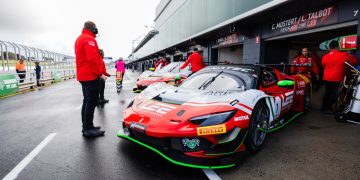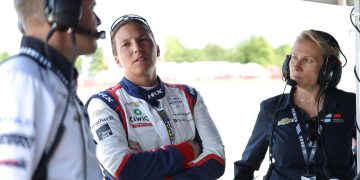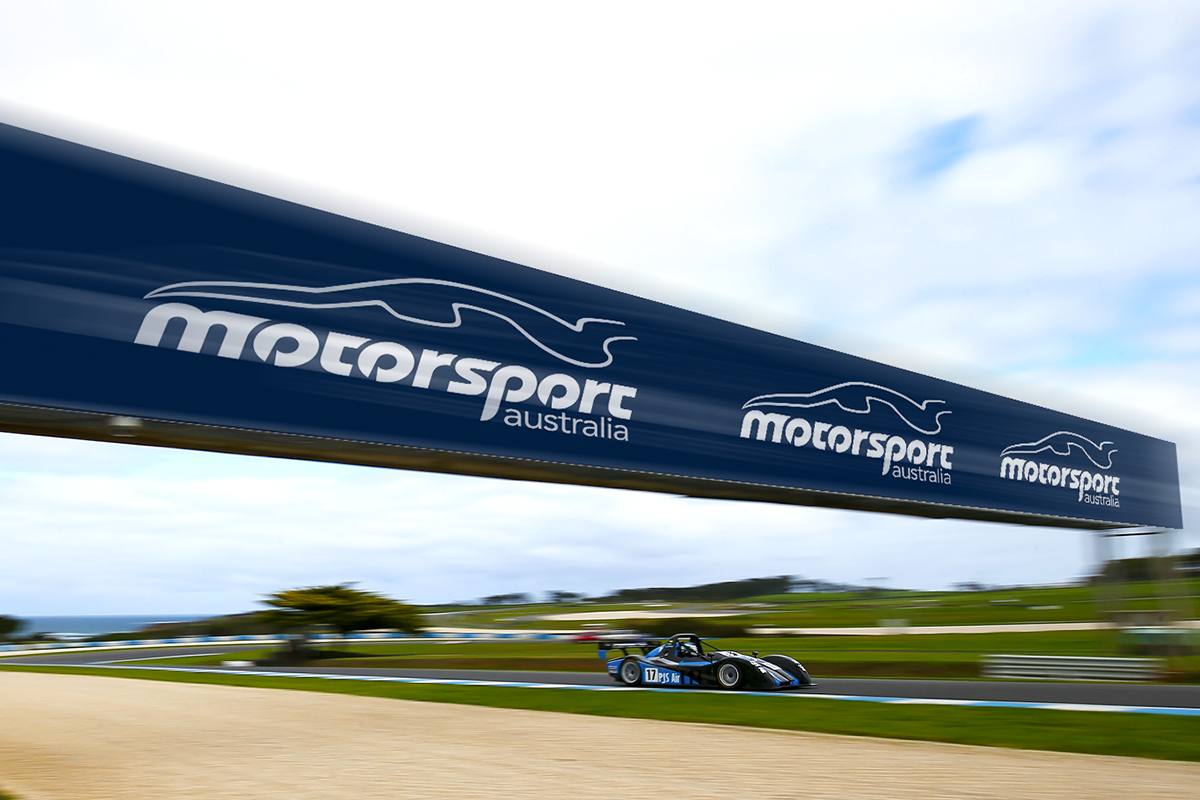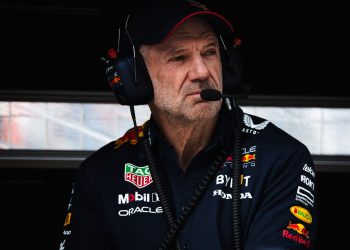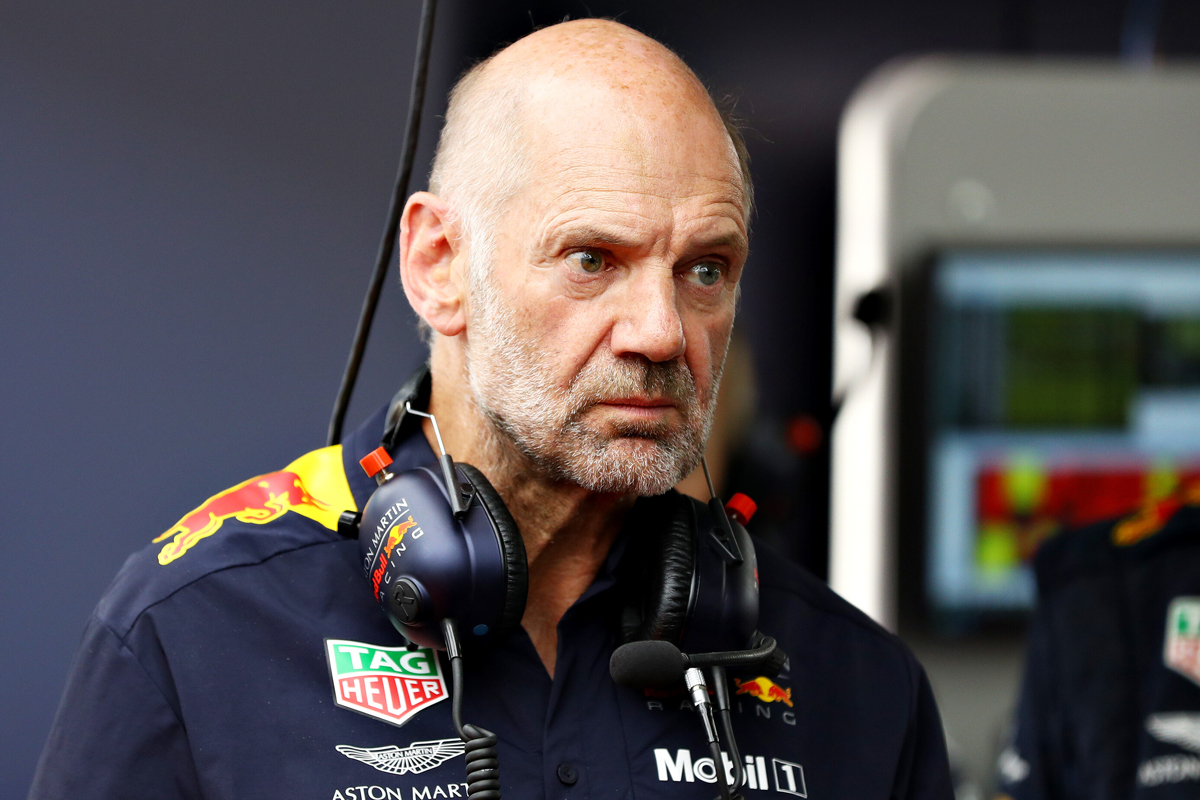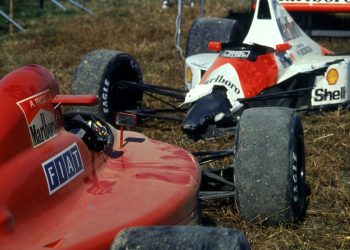
Mercedes Team Principal Toto Wolff believes that Lewis Hamilton and Valtteri Bottas make for a “sensational driver line-up” despite the obvious potential for tension between them.
While Hamilton and previous team-mate Nico Rosberg had an at times fractious relationship, which Wolff even likened to a volcanic eruption in an interview with Formula 1's Beyond the Grid podcast in 2018, the dynamic between the Brit and Bottas has been far more harmonious.
In their three years together thus far, they have helped push Mercedes' streak of drivers' and constructors' championship doubles to six, including a one-two in the former this year.
“You have to embrace the fact that they will pursue their dreams and their main target is going to be to win a driver world championship, and that can create some tension because not always these objectives are aligned with the team objectives,” observed Wolff in a Mercedes end of season review.
“What I'm really proud of is that, over all these years, we have always managed to get the drivers behind the team's objective and behind Mercedes's target to be one of the most successful sports teams in the world.
“You can see we've had our ups and had our downs, but fundamentally the drivers have been a really strong contributing factor to all of our success.
“Valtteri and Lewis work really well together. They have been pushing each other, I think both of them had a decent season, obviously Lewis won the championship but Valtteri was always there, won a handful of races, and I think has grown as a racing driver.
“This is a dynamic that is really positive for the team and, in that respect, I believe that we have a sensational driver line-up going forward.”
While Hamilton won 11 races and Bottas four out of the 21 which were held in 2019, Mercedes also experienced relatively rough patches including that in which Ferrari won three races in a row.
Wolff identified that period as a defining on-track moment of the season and paid tribute to the wider team, including back at its factory, for the way in which it worked after poor performances.
“Where we weren't the best-performing team, (it was important) to understand where we were missing out, where the gaps were, and then eventually closing those gaps and strike back again.
“I believe that Spa and Monza and Singapore have been three consecutive weekends where we needed to (get) back into a winning streak and eventually, by Suzuka and Sochi, we were back on track.
“You can very much feel the difference in the mood in the factory after a bad weekend or a good weekend, but the surprising fact is that I feel such a strong buzz in the factories after the difficult weekends.
“It's the days where we fail that we feel that we need to push even more and work smart and intelligently and I enjoy that; coming back on Monday and leave no stone unturned, uncover our shortfalls, and then eventually rise again.”












